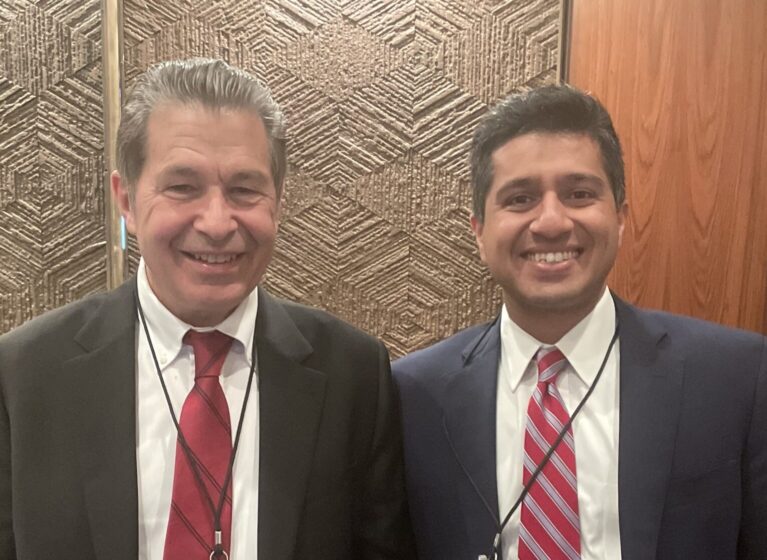Surgeon-scientists -- surgeons who also do medical research -- have contributed to critical treatment advancements in many areas, from cancer to heart, lung and digestive diseases. But new research from our Bruce Schirmer, MD, and Adishesh K. Narahari, MD/PhD, suggests that future innovations in patient care are being imperiled by a "broken pipeline" of surgical research funding.
Dr. Schirmer and Dr. Narahari found that young surgeon-scientists often obtain research funding early in their careers but then fall far behind their peers in internal medicine as time goes on. Internal medicine trainees, they determined, were almost six times more likely to go on to obtain prestigious R01 grants from the National Institutes of Health, and were five times more likely to obtain career-development K awards.
The reasons for this are complex, but one major factor is the time surgeons must spend performing surgery and keeping their skills sharp, Dr. Schirmer and Dr. Narahari say. They are urging action to support surgeon-scientists, such as:
- Developing alternate grant-funding mechanisms to support surgeon-scientists;
- Establishing programs, at the institution level, to support surgical residents who want to conduct research; and
- Evaluating surgeon-scientists using different job-performance metrics than surgeons who do not do research.
“Surgeons are struggling to find funding, and many of them are not able to obtain funding despite trying for 10 years," Dr. Narahari said. “In short, surgeons need to apply for funding early and become proficient at navigating the biomedical research world. Otherwise, we may see a decrease in innovation and lack of new solutions to not only surgical problems but many areas of biomedical research.”
